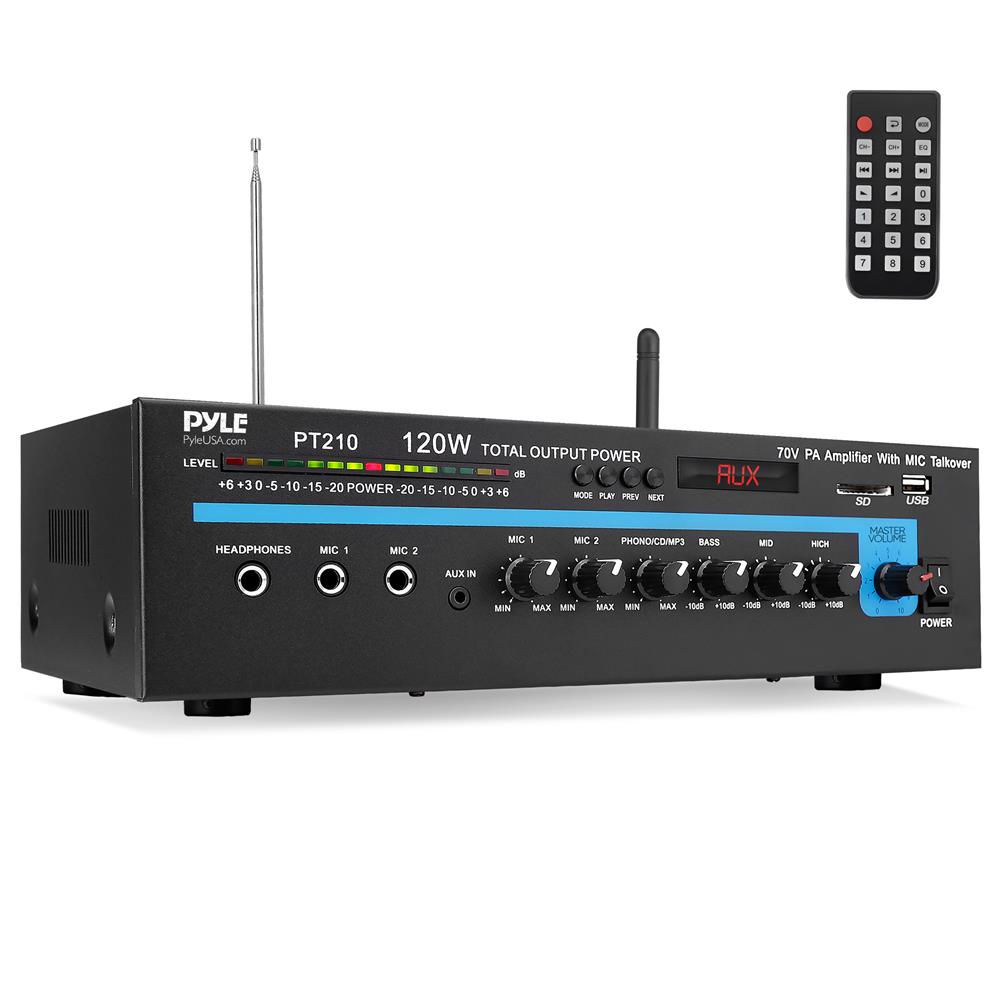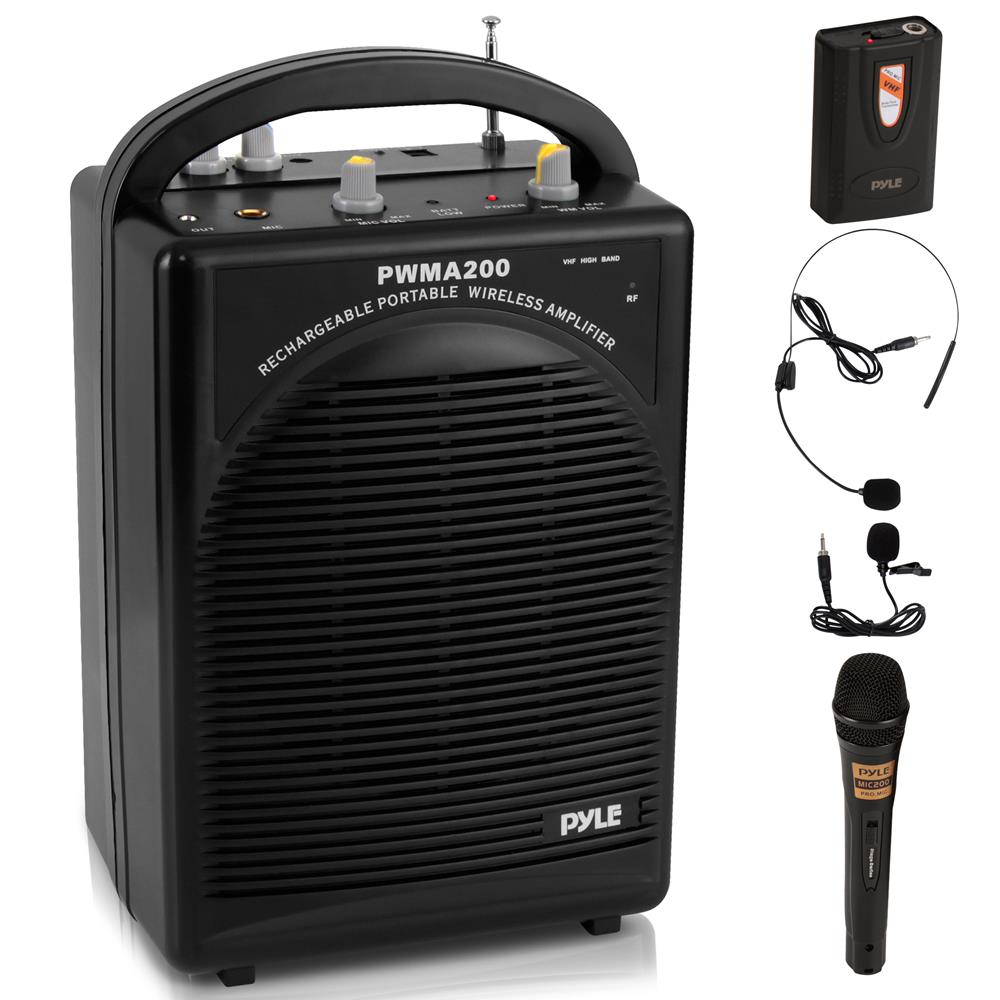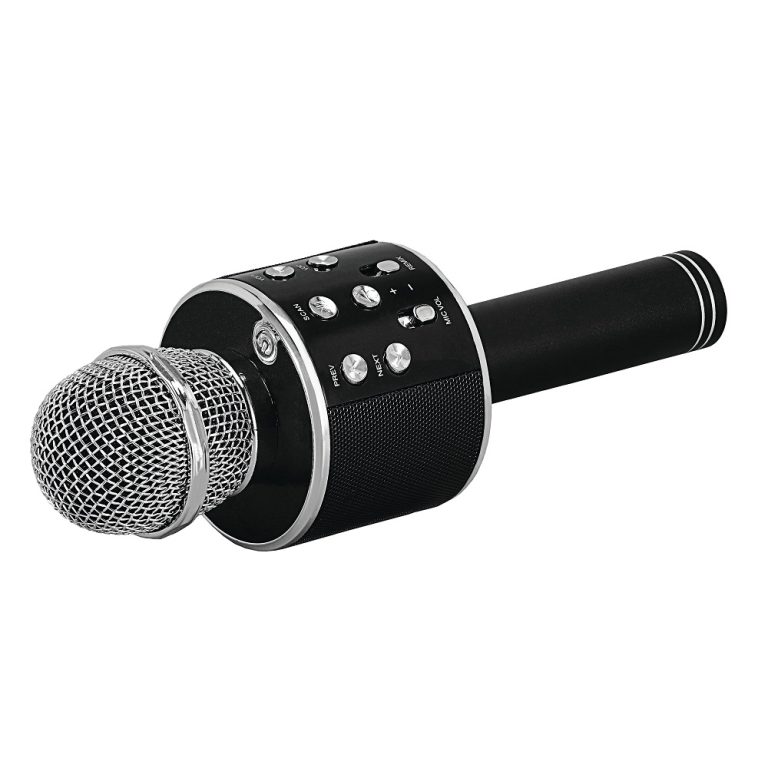Microphone amplifiers, often referred to as mic preamps, play a crucial role in audio production. They enhance the quality and clarity of audio signals captured by microphones, delivering a clean and powerful sound. Whether you are a musician, podcaster, or audio engineer, understanding the benefits of using a microphone amplifier can significantly improve your audio recordings. This article explores the various advantages of integrating a mic preamp into your audio setup and how it can elevate your sound quality.
Understanding the Purpose of Microphone Amplifiers
What is a Microphone Amplifier?
A microphone amplifier is a device that boosts the low-level audio signal generated by a microphone to a higher level. Microphones typically produce weak signals that may not be strong enough for further processing. A mic preamp amplifies this signal, making it suitable for recording or mixing.
Initially, audio captured by microphones can be quite noisy and low in volume. The primary purpose of a microphone amplifier is to ensure the signal is strong and clear before it reaches other audio equipment, such as mixers, audio interfaces, or recording devices.
Different Types of Microphone Amplifiers
Microphone amplifiers come in various forms, including standalone units, built-in amplifiers in audio interfaces, and rack-mounted models used in professional studios. They can operate using different technologies, including solid-state and tube-based designs. Solid-state mic preamps are known for their reliability and clarity, while tube preamps provide warmth and character to the sound.
Understanding the types of microphone amplifiers available can help users select the appropriate model for their needs. Each type has its unique advantages, and the choice often depends on the intended application and personal preference.

Improved Audio Quality
Clean Gain for Better Sound
One of the most significant benefits of using a microphone amplifier is the improvement in audio quality. Mic preamps provide clean gain, allowing recordings to maintain clarity and detail. A high-quality preamp can enhance subtle nuances in vocal performances or instrument sounds that may become muddled without amplification.
This improved clarity is crucial for various applications, such as music production, voiceovers, and live sound. Cleaner signals yield greater dynamic range, meaning the difference between the quietest and loudest parts of the audio can be clearly heard. This aspect is important when professional-grade recordings are desired.
Minimizing Noise and Distortion
Using a microphone amplifier can also minimize noise and distortion in audio signals. Cheap or low-quality microphones may introduce unwanted noise when recording. A dedicated mic preamp can help mitigate these issues by providing high-quality gain without adding extra noise.
Additionally, many modern mic preamps include features such as low-cut filters or high-pass filters. These features help eliminate unwanted low-frequency sounds, such as rumble or handling noise, resulting in a cleaner audio signal. This advantage is especially important in studio recordings, where clarity is paramount.
Versatility Across Applications
Suitable for Various Use Cases
Microphone amplifiers are versatile tools suitable for various audio applications. Whether for studio recording, live performances, or home audio setups, mic preamps can enhance the overall sound quality. Musicians often use them to ensure their vocals and instruments are captured accurately, giving producers the best source material to work with.
In addition to music applications, podcasters and content creators can benefit from using mic preamps. Clear and professional-sounding audio can help engage listeners and maintain their interest. A good microphone amplifier can elevate the quality of interviews, discussions, and recorded segments.
Compatibility with Different Microphones
Microphone amplifiers work well with a wide range of microphones, including dynamic and condenser mics. Dynamic microphones are commonly used for live sound applications, while condenser microphones are favored in studio environments for their sensitivity. A suitable mic preamp can bring the best out of both microphone types.
Using a dedicated mic preamp becomes even more important when connecting high-impedance microphones, which may require additional gain to reach optimal sound levels. The ability to tailor gain settings to various microphones makes preamps essential tools for audio professionals.

Enhanced Dynamics and Control
Tailoring the Signal
Microphone amplifiers allow users to tailor audio signals to their needs. Many models come with gain control knobs, enabling users to adjust levels precisely. This feature is particularly useful when working with different audio sources that may require varying gain levels to prevent distortion.
Furthermore, advanced mic preamps may offer additional controls, such as impedance matching and variable tonal characteristics. These options help shape the sound to fit a particular desired quality. For example, adjusting the impedance can optimize the mic’s performance, ensuring a better tonal match and improving overall clarity.
Peak Level Management
Some microphone amplifiers include peak level indicators or meters, which help users monitor audio levels during recording. Managing peak levels is essential to avoid clipping or distortion, which can occur when signals are too hot. With real-time monitoring, users can adjust settings accordingly, ensuring optimal recording quality.
By providing such control, mic preamps ensure that users can achieve the best possible sound without compromising clarity or introducing unwanted artifacts.
Elevating Live Sound Performance
Benefits in Live Settings
Using a microphone amplifier can significantly enhance live sound performance. In live settings, artists and performers need to ensure their sound is clear and powerful. A good mic preamp helps achieve this by amplifying the microphone signal before sending it to the mixer or PA system.
This amplification ensures that the vocals and instruments can be heard clearly by the audience, maintaining the integrity of the live performance. In many cases, artists can also benefit from using high-quality mic preamps with built-in features designed to cater specifically to live applications.
Flexibility in Sound Reinforcement
In addition to amplifying sound, microphone amplifiers often allow users to integrate effects or equalization tailored for live sound. Using these features can dramatically enhance the quality of performances. For instance, adding reverb or compression can create richer sounding vocals or instruments that resonate well with audiences.
Flexibility in sound reinforcement means that performers can adapt quickly to different stages and venues. They can adjust settings on the fly, ensuring that their sound maintains a consistent quality regardless of the environment.

Budget Considerations
Finding the Right Investment
When shopping for a microphone amplifier, it’s important to consider budget constraints. Mic preamps are available in a wide range of prices, meaning that users can find a model that meets their needs without breaking the bank. Entry-level mic preamps provide decent performance for beginners or those on tight budgets.
However, investing in a higher-quality microphone amplifier can pay off in the long run. The improved audio quality, features, and durability of professional-grade preamps can lead to better recordings and enhanced sound quality overall. For those pursuing a career in audio production, such an investment becomes invaluable.
Assessing Value Over Time
As with many audio equipment purchases, evaluating the long-term value of a microphone amplifier is essential. A reliable mic preamp can last for years if well-maintained. Users should consider the frequency of use and whether they will require advanced features in the future.
Budgeting for a mic preamp should also include considerations for its maintenance and potential upgrades. The value of having a high-quality, reliable amplifier can significantly enhance your audio production and ensure your projects stand out.
The Importance of Microphone Amplifiers
In conclusion, integrating a microphone amplifier into your audio setup can dramatically enhance sound quality, clarity, and versatility across various applications. From home studios to live performances, mic preamps ensure that you capture the best audio possible. By providing clean gain, minimizing noise, and offering versatility in controls, these devices play an essential role in modern audio production.
Understanding the benefits of using a microphone amplifier allows both beginners and experienced audio professionals to make informed decisions about their equipment. Whether you’re investing for music production, podcasting, or live sound, the right mic preamp can make a significant difference in the quality of your recordings.
As technology continues to evolve, the importance of quality audio equipment remains constant. With a microphone amplifier in your audio arsenal, you can achieve the clarity and fidelity necessary for professional-sounding results. Embrace the power of quality amplification and elevate your audio experiences to new heights.


